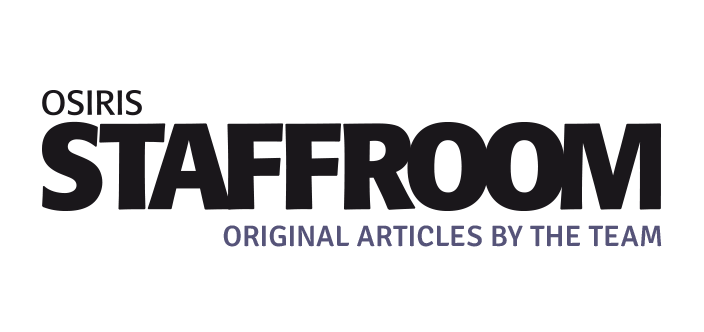After a year of reshuffles and with a general election looming, what can teachers and education professionals expect from 2015?
Over the past few months we’ve heard endless rumours and speculation about education policy, funding, accountability and the future of school inspections. Will current Education Secretary, Nicky Morgan, continue her near-silence on policy to avoid controversy? Will the next few months bring another education secretary, a new Ofsted head or a complete inspection overhaul?
Although we don’t have a crystal ball to predict the answers, we have asked our presenters, some of the most sought-after names in education, what they would do if they were the UK Education Secretary. We have also published the pre-manifestos of each of the five main parties so you can get a feel for what each one could bring to the table. You can express your views and even tell us what you would do if you were Education Secretary by tweeting us @Osirisedu.
Another big change this year — and over the coming years — is to exams. This September will see the first teaching of the new English and Maths GCSEs and many revised A-Level subjects. As well as revised content and a new grading system for GCSEs, one of the biggest challenges will be the return to linear exams.
Whilst some teachers may be familiar with this format, many teachers who have started in the profession in the past ten years will have little or no experience of teaching in this way. Osiris Educational offers courses to address these issues: please contact our friendly advisors to help find the most suitable course for your needs.
Looking to the more immediate future, exam season (and then the long-awaited summer holidays) will soon be with us. To help your students thrive in the exam hall, teacher and TES advisor, Phill Allen, has given a number of strategies to prepare youngsters for success. Read his tips that go further than drawing up a revision timetable and taking regular breaks.
The final, big change of 2015 is to assessment. Since the removal of National Curriculum attainment levels in September 2014, schools and departments have been scratching their heads over which assessment model(s) to adopt. All assessment is valid as long as it meets three crucial criteria:
• It drives progress
• It is accurate
• It builds confidence in learning
We unpick the three main forms of assessment – Assessment of Learning, Assessment for Learning and Assessment as Learning – and call for them to be used together. We will look at which subjects each assessment style is most likely to be found in, the pros and cons of each style, and the potential benefits and disadvantages for students.
Finally, we hope you enjoy reading our exclusive articles, tips and case studies, and hope they prepare you for all that 2015 has in store. SR


